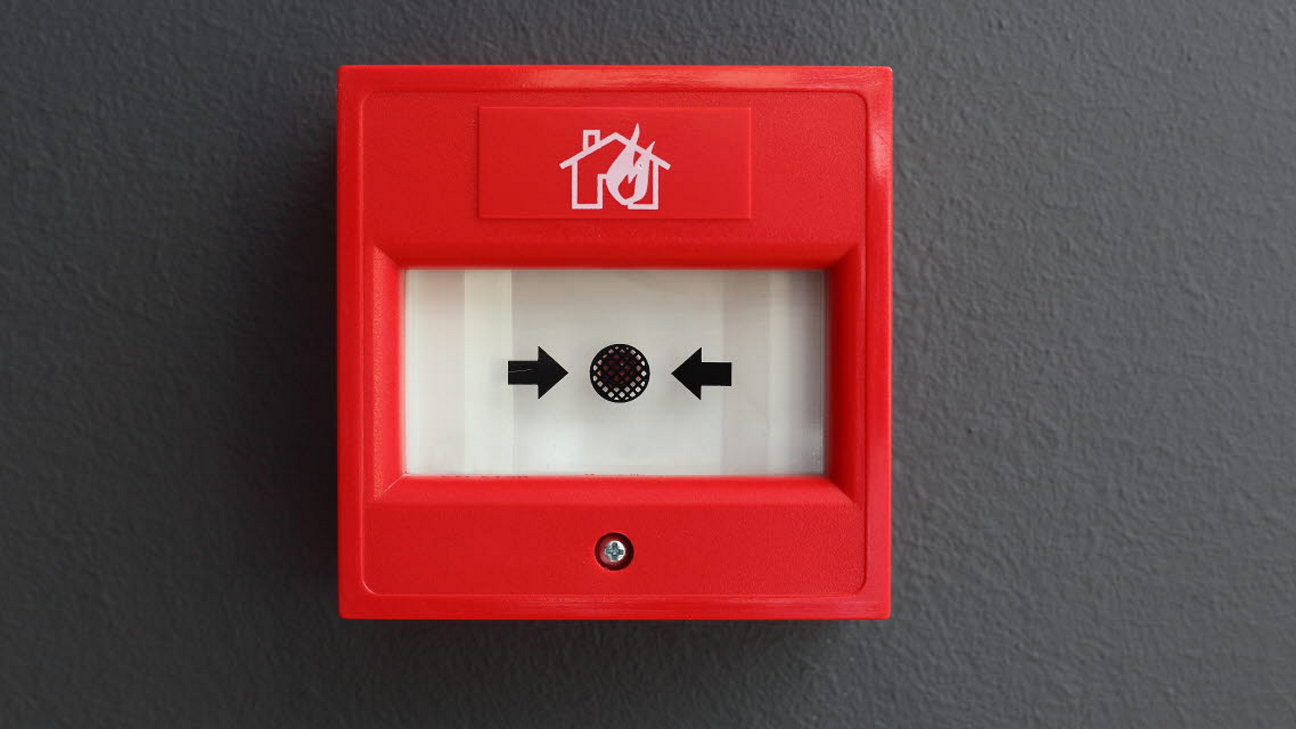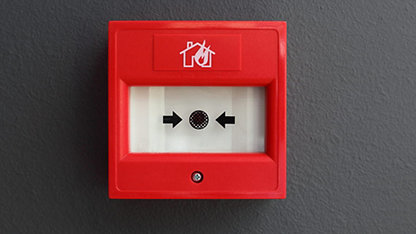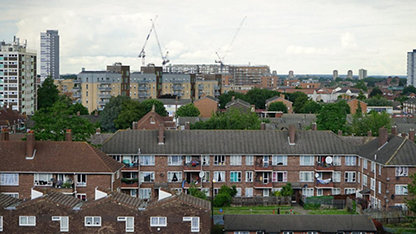Improving fire reporting
Fire is a universal risk, impacting all societies, economies and geographies. The costs to people, property, business and the environment are enormous. However, the ways in which data on fire incidents, fatalities, injuries, impacts and costs are collected, recorded and estimated vary greatly across countries, organisations and sectors. This undermines decision-making, resource application and the effective management of the risks of fire.
A lack of consistent data makes it difficult to compare substantial factors, complicating the development of effective mitigation strategies at all levels - from government policies, to business or portfolio risk management approaches and occupant or tenant individual risk management decisions on furnishings, appliances, behaviours and more.
It is a crucial issue to address as we act in the public interest to help build safer and better places to live and work.
Improved data on the causes and impacts of fire will enable a better understanding of the types of communities, buildings and infrastructure where fire safety can be significantly improved through application of risk mitigation standards, guidelines and regulation.
This practice information:
- provides an overview of the scale of the impact of fire loss globally
- discusses challenges in data collection and data comparison
- sets out what data should be collected
- proposes a global standard for fire reporting to improve approaches to tackling fire and its impacts.
“It is clear that fire is one of the most pressing global hazards we face. Less clear, however, is the data behind the danger …. These gaps in data leave policy makers and governments blind.”

Gary Strong, FRICS
Global Building Standards Director, RICS
Published date: 17 July 2023














